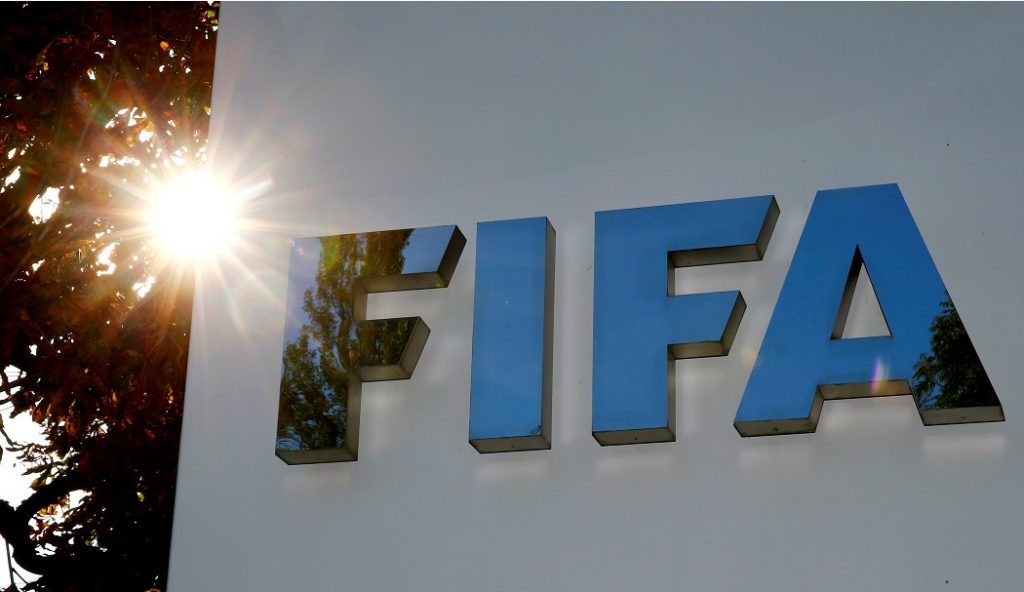South American World Cup Bid Reinforces Multi-Country Trend
February 18, 2019
Twenty years ago, having two countries hosting the FIFA World Cup was a ground-breaking development. Now, four South American countries are chasing the 2030 event, in competition with other possible multi-country combinations.
At the end of last week, Chile threw its participation into the South American bidding effort by Argentina, Paraguay and Uruguay.
Morocco has indicated that it plans to bid for the event again. That could happen together with Spain and Portugal (which would make 2030 the first tournament on two continents), or perhaps it will be with Algeria and Tunisia, and Egypt has made noises too.
Greece, Bulgaria, Romania and Serbia are considering a joint European bid, while UEFA President Aleksander Čeferin has indicated that he prefers a single country bid.
England could step up in the direction, alone or with the other home nations. Discussions have taken place about sharing with the Republic of Ireland too, although Brexit talks might have soured some on that idea.
The trend for multi-country hosting of – or at least bidding for – major events is inevitably here to stay, according to veteran sports marketing advisor Tim Crow said.
The World Cup had joint hosts for the first time in 2002, taking place in Japan and South Korea. The 2026 edition will take place in Canada, Mexico and the USA.
“The reality is that many countries cannot afford to host the mega-events or handle them logistically on their own,” he told iSportconnect today. “With the World Cup continuing to expand, it’s a very, very big ask for one country to take on the hosting role by themselves.”
“That said, there are countries that go it alone. And that sets up a really interesting dynamic between very different models with very different narratives.”
In Crow’s view, one of the things to take away from what’s happening with the World Cup bidding is the message that it sends to the IOC.
“The fact is that FIFA and the IOC are very much in competition, for broadcasting rights, for sponsorship and so on,” he said.
The IOC has been struggling to find host cities, for the Winter Olympics especially. The joint bidding model might well be one that works for football, but not the Olympics.
In fact, the Games have never been hosted by more than one country. However, during the 1956 Summer Games in Melbourne, the equestrian events were held in Stockholm because of strict Australian quarantine laws.
Crow said that if the challenge for the Olympics is that the event is too big to afford for any single host, “maybe the answer is to think about getting smaller so that more countries and cities are able to host the Games.”


